
The COVID City
As we show in our new book Terra Incognita, COVID-19 is exacerbating multiple forms of inequality within and between countries and cities, and raising fundamental questions about the future of urban living.

As we show in our new book Terra Incognita, COVID-19 is exacerbating multiple forms of inequality within and between countries and cities, and raising fundamental questions about the future of urban living.

Brazil, a country in the world’s top 10 in population and GDP, is in the midst of three destructive crises.

Welcome to the 2020 Virtual Stockholm Forum on Peace and Development ‘Sustaining Peace in the Time of COVID-19’. The open session ‘Strategic Dialogue on Global Trends: Violence and the Coronavirus’, in partnership with the Global Registry of Violent Deaths (GReVD) Consortium.

EarthTime, the innovative data visualization technology developed by Carnegie Mellon University’s CREATE Lab, takes center stage in a new book addressing some of the greatest challenges facing mankind.

Muggah, who runs a think-tank working on data-driven justice across Latin America called Igarapé Institute, says that Colombia’s sky-high rate of homicide made it not just difficult to differentiate the victims of serial killers from all the other victims, but it made it incredibly hard for the police to investigate, much less prosecute perpetrators.

The world has learned much about the devastating impact of COVID-19 on human health and well-being. It is also waking up to the pandemic’s positive effects on the planet’s atmosphere, ecosystems, and biodiversity.

During the first half of 2020 when more than two-thirds of the world’s population was in lockdown, many of us were transfixed by a map.

What remains of the global, open internet came under attack this month.

The U.S.-China dispute just took a dangerous turn. Late last week, the U.S. government issued three separate measures – two executive orders imposing sanctions on social-media networks WeChat and TikTok, and another to set up a “clean network” program – that, come mid-September, would prohibit any U.S. citizen or company from conducting business with those apps’ Chinese parent companies, Tencent and ByteDance respectively.

As explained in my new book with Ian Goldin – Terra Incognita: 100 Maps to Survive the Next 100 Years – maps can help make sense of the world around us.

On July 7, Jair Bolsonaro, president of the world’s second hardest-hit country by COVID-19, announced he had tested positive for coronavirus and had mild symptoms. Shortly afterwards, he removed his mask to show everyone he was ok.

This week, PS talks with Robert Muggah, a co-founder of the SecDev Group and the Igarapé Institute.

A week before the death of George Floyd in the US city of Minneapolis in May, Brazilians were mourning one of their own.

As consensus was finally achieved on July 7, a final draft of the UN-75 political declaration has been approved and is expected to be adopted by world leaders on Sept. 21 at United Nations headquarters through virtual means.
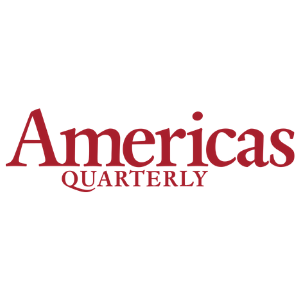
On multiple fronts, data-driven policymaking has informed and improved Latin America’s response to COVID-19 – from information about the availability of hospital beds and ventilators to economic measurements to help direct relief packages for businesses and workers.

This study considers the trajectories of armed conflict in a ‘business-as-usual’ scenario between 2020-2030.
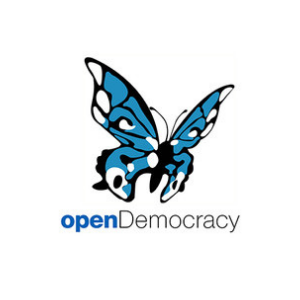
The only surprise about Jair Bolsonaro’s diagnosis for COVID-19 was that it took him so long to test positive.

Across the United States, the debate over the future of policing is gathering steam.

Political analyst Robert Muggah says Brazil President Jair Bolsonaro’s positive COVID-19 test may spell the beginning of the end for his administration

Far-right Brazilian President Jair Bolsonaro, who has presided over the world’s second worst coronavirus outbreak after the U.S., said Tuesday that he had tested positive for the virus.

Brazil has now surpassed a million COVID-19 cases, a grim milestone for the country with the second most coronavirus infections in the world. It’s been averaging about a thousand deaths per day for the last month
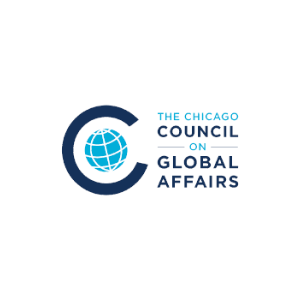
Brazil is poised to overtake the United States for most total COVID-19 infections and deaths globally — but far-right President Jair Bolsanaro is preoccupied with politics and discredits the pandemic’s risk and response.

«I can’t breathe!» «Jeg får ikke puste!» George Floyds siste ord er blitt slagordet for en verdensomfattende bevegelse

“I can’t breathe.” The final words gasped by George Floyd are now a global meme. They were recorded on the mobile phone of a bystander while Mr. Floyd was being suffocated to death by a police officer in Minneapolis.
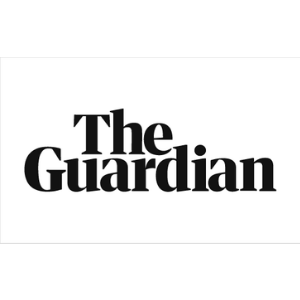
Maria Diva do Nascimento was worried as she set off for her job at one of Rio de Janeiro’s biggest hospitals wearing a face mask she hoped would keep her alive.

The coronavirus pandemic is exposing the quality of governments around the world. Many national leaders have failed the test—in contrast to the leaders of regions and cities

Having ravaged some of the world’s wealthiest cities, the coronavirus pandemic is now spreading into the megacities of developing countries.

The first wave of the COVID-19 pandemic may be receding in some parts of Western Europe, East Asia and North America, but it’s rapidly taking-off in Latin America, Africa and South Asia.
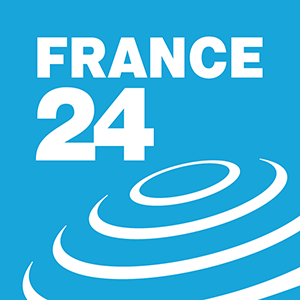
Head of Igarape Institute in Rio de Janeiro gives us more on the absurd situation in Brazil, due to the lack of political leadership and the denial of the severness of the pandemic

To say that COVID-19 changes everything is already a cliché. But it’s also true.

O Instituto Igarapé utiliza cookies e outras tecnologias semelhantes para melhorar a sua experiência, de acordo com a nossa Política de Privacidade e nossos Termos de Uso e, ao continuar navegando, você concorda com essas condições.

